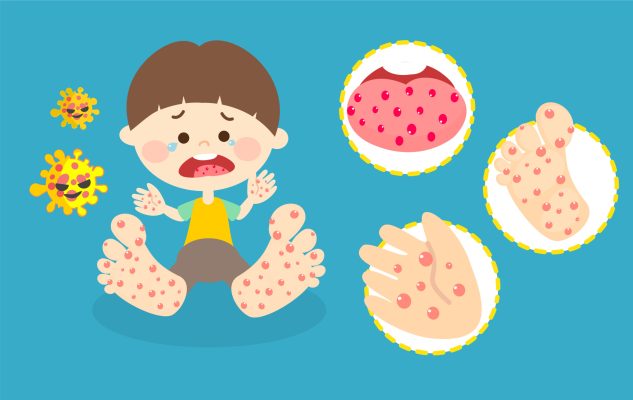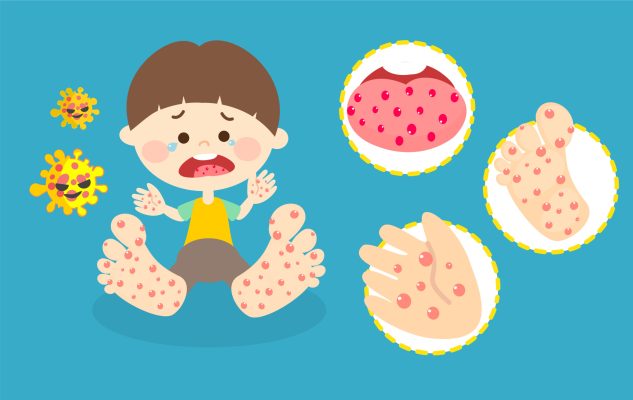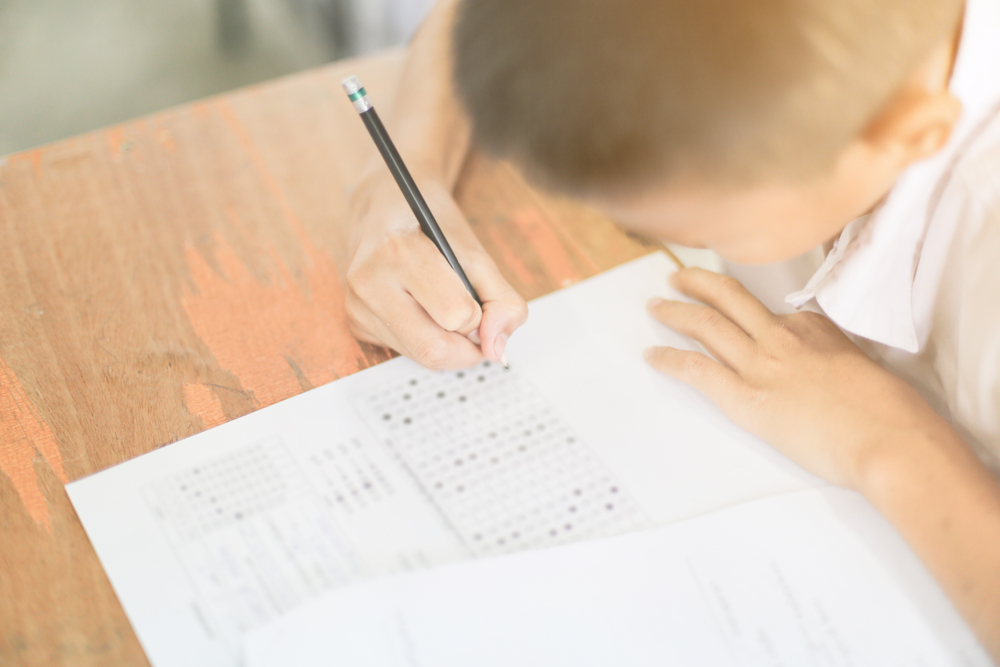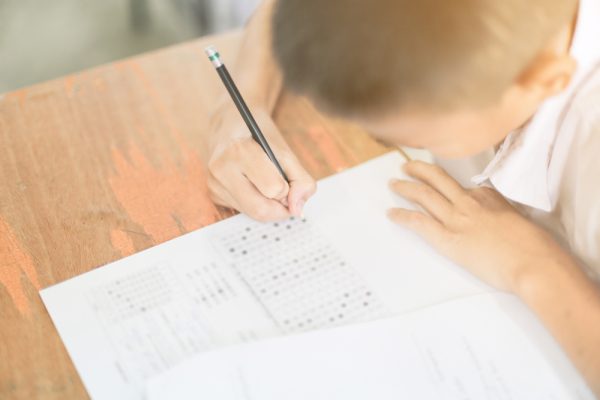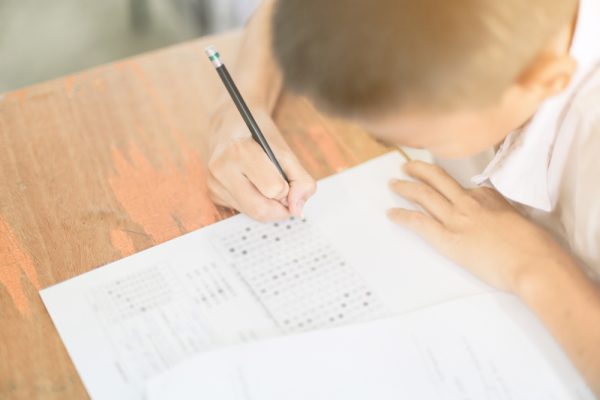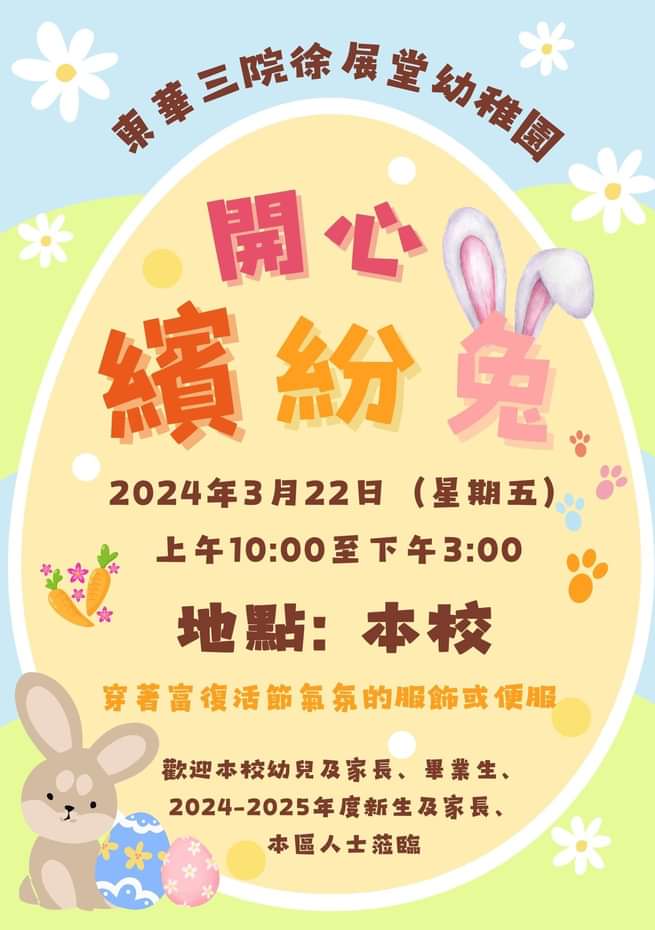Written by: Dr Cheung Kit
I remember watching a terrifying TV show during my college days. It was about how a virus similar to Ebola spread among residents and outsiders in a certain area, leading to everyone’s death. In the drama, people infected with the virus would inevitably develop red rashes on their bodies even in the early stages. Therefore, many people have a deep impression that rashes represent serious diseases.
In fact, this is only half true. A rash is a symptom that can be a skin problem or a reaction to a systemic disease. Skin diseases can be simple skin sensitivities, mosquito bites, shingles, sunburns, etc. Systemic reactions can be due to drug sensitivities, infections, autoimmune disorders, etc. The previous statement “half true” means that among systemic reactions, some are more severe, while others are milder.
Severe examples include:
1. Drug Sensitivity: Since a rash is only a sign, the reaction can be very severe. Therefore, if this is the case, we generally handle and observe with extra caution.
2. Infectious (Acute): For example, measles, chickenpox, hand, foot, and mouth disease, German measles, mumps, etc. These diseases are highly contagious and also present with fever symptoms. So, in addition to worrying about the complications of the disease, we also worry about it spreading to others. Therefore, special care is needed.
3. Autoimmune Diseases: For example, lupus erythematosus, allergic purpura, etc. Since these conditions can have more systemic complications, the treatment goal is not to treat the rash but to address the underlying disease.



